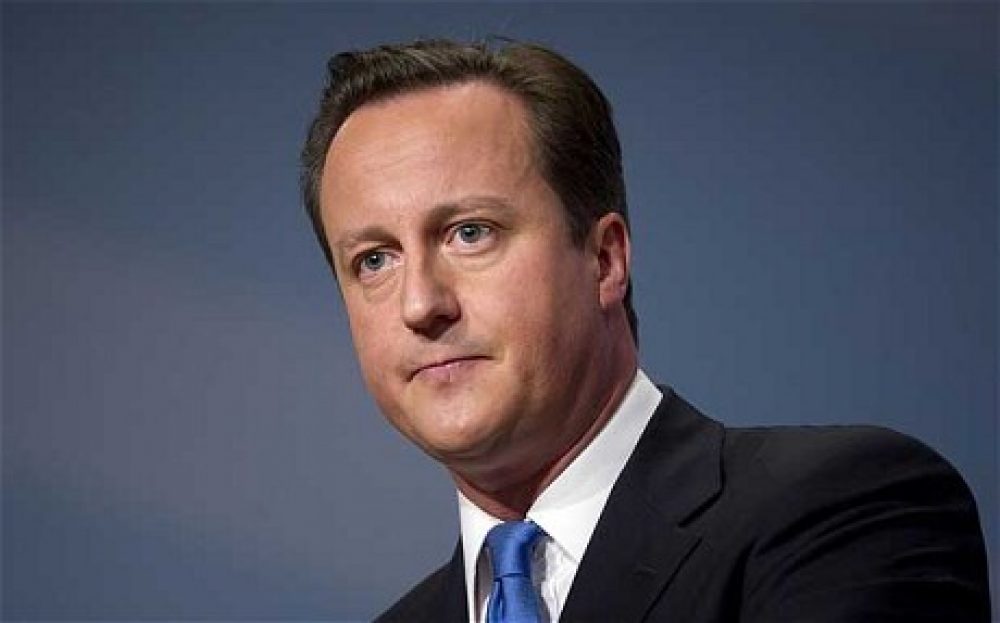The Department for Education (DfE) is calling for £12m worth of specialist support to help develop the academy and free school programme – as the Prime Minister has said he wants all schools to convert.
The call for contractors to find sponsors for newly converted academies and help maintain standards comes as Prime Minister David Cameron announced this morning that the government would make recruiting more academy sponsors “a priority”, paving the way for all schools to become academies.
The DfE bidding notice said the contract, which will run until October 2017, with the option to extend for an additional year, would be to “help… ensure high educational standards in academies and free schools and to secure sponsorship arrangements for maintained schools moving to academy status”.
It asked for bidder who were “high-calibre” individuals with expertise in primary, secondary, all-through, 14 to 19 and post-16, alternative and special provision, free schools, UTCs or studio schools.
The contractors, it said, would be deployed regionally, and could be expected to support the eight regional schools commissioners.
It added: “Bidders will be required to demonstrate that their professional knowledge and experience will enable them to advise others on good practice to secure improved educational outcomes for all children in their schools.”
Mr Cameron set out his vision for the future of maintained schools in an article the Telegraph marking his first 100 days of the Conservative government.
He wrote: “I want every school in the country to have the opportunity to become an academy and to benefit from the freedoms this brings.”
He said ensuring that everyone had the best chance to succeed through education meant “giving great head teachers the freedom to run their own schools with the ability to set their own curriculum and pay their staff properly”.
“Academy schools were created to do exactly that,” he said.
He pointed to the example of the Manchester Enterprise Academy, which, as Schools Week revealed in January, received a £343,000 cash handout between 2011 and 2014 to provide financial stability after pupil numbers dropped off.
However, Mr Cameron said results at the academy had “almost doubled” since conversion.
He said: “That is why in the first 100 days we have brought forward legislation to transform all failing schools into academies and for the first time taken the power to convert coasting schools into academies too.
“But we have also seen how these freedoms can help all schools, with more than 3,000 good and outstanding schools already making the decision to become academies themselves.
He added: “So we will make it a priority to recruit more academy sponsors and support more great head teachers in coming together in academy chains.
“In doing so, we can extend educational excellence and opportunity to every school and every child in our country.”
Bidding for the multi-million pound contract is due to close on September 21, with delivery due to start on November 2.







Cameron ignores evidence that academies aren’t a magic bullet and repeats discredited soundbites to push forward academization. Academy conversion is an expensive method of improving schools and isn’t guaranteed to work. The National Audit Office said informal interventions such as local support were more effective in improving schools (and much cheaper).
Why, then, is the Gov’t so keen on this policy? The answer is in a comment made by Michael Gove before the 2010 election. He told Policy Exchange (17 March 2010) he would allow groups like Serco to run schools if they wanted to do so. He was at the launch of a Policy Exchange document, ‘Blocking the Best’. This advocated running schools for profit and said it could easily be done. All that was needed was for schools to become technically ‘independent’. They could then outsource their provision to for-profit providers if they wished to do so. Academies are, of course, technically ‘independent’ schools.
Many academy chains are already ‘vehicles’ for for-profit companies by which taxpayers’ money can be diverted into shareholders’ pockets and contracts given to companies attached to academy trustees or their relatives.